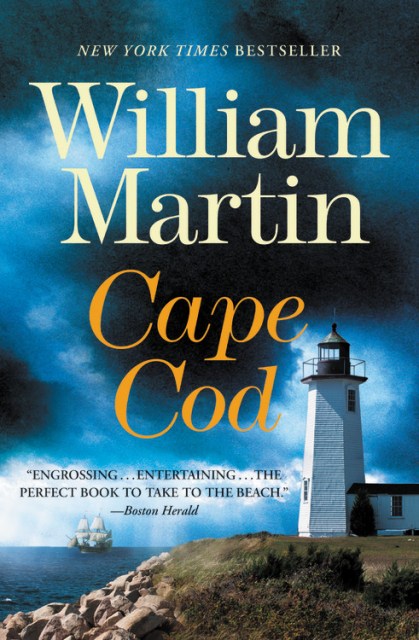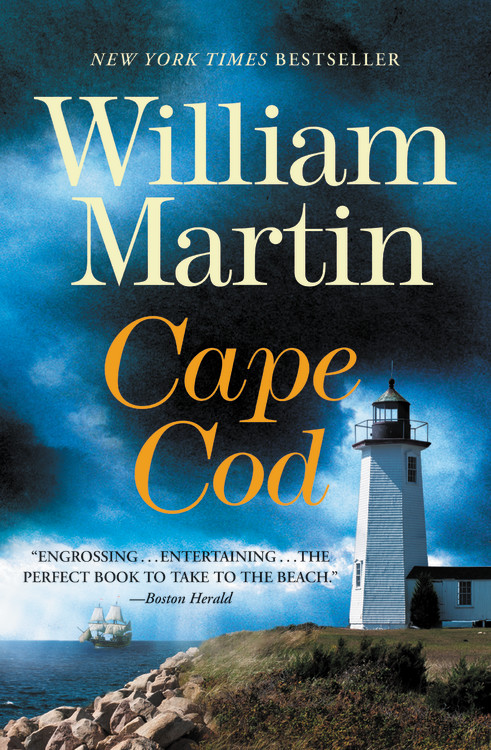By clicking “Accept,” you agree to the use of cookies and similar technologies on your device as set forth in our Cookie Policy and our Privacy Policy. Please note that certain cookies are essential for this website to function properly and do not require user consent to be deployed.
Cape Cod
Contributors
Formats and Prices
- On Sale
- May 29, 2018
- Page Count
- 784 pages
- Publisher
- Grand Central Publishing
- ISBN-13
- 9781538744673
Price
$21.99Price
$28.99 CADFormat
Format:
- Trade Paperback $21.99 $28.99 CAD
- ebook $7.99 $9.99 CAD
- Hardcover $36.00 $46.00 CAD
This item is a preorder. Your payment method will be charged immediately, and the product is expected to ship on or around May 29, 2018. This date is subject to change due to shipping delays beyond our control.
Buy from Other Retailers:
NEW YORK TIMES BESTSELLER
“Engrossing…entertaining…the perfect book to take to the beach.” – Boston Herald
Two families, both carried by the Mayflower across stormy seas… both destined to generations of proud leadership, shameful intrigue, and passion for the sandy crest of land that became their heritage…
This is the story of the Bigelow and Hilyard clans, from their first years on America’s shores, through the fury of her wars and the glory of her triumphs, to our own time when young Geoff Hilyard must fight to save both his marriage to a Bigelow heir and the windswept coast he loves. It is a struggle that will take him deep into the past, to a centuries-old feud that never died..And on a dangerous quest for a priceless relic of American history that has lain hidden in the Cape for over two hundred years.
“Engrossing…entertaining…the perfect book to take to the beach.” – Boston Herald
Two families, both carried by the Mayflower across stormy seas… both destined to generations of proud leadership, shameful intrigue, and passion for the sandy crest of land that became their heritage…
This is the story of the Bigelow and Hilyard clans, from their first years on America’s shores, through the fury of her wars and the glory of her triumphs, to our own time when young Geoff Hilyard must fight to save both his marriage to a Bigelow heir and the windswept coast he loves. It is a struggle that will take him deep into the past, to a centuries-old feud that never died..And on a dangerous quest for a priceless relic of American history that has lain hidden in the Cape for over two hundred years.
-
"Engrossing...entertaining...the perfect book to take to the beach."Boston Herald
-
"Teems with memorable characters...suspense, authenticity, conflict."Chicago Tribune
-
"Packed with history and incident...Martin gives Michener a run for his money in this rousing tale."Publishers Weekly
-
"Ingeniously schemed...riveting."Christian Science Monitor
Newsletter Signup
By clicking ‘Sign Up,’ I acknowledge that I have read and agree to Hachette Book Group’s Privacy Policy and Terms of Use







